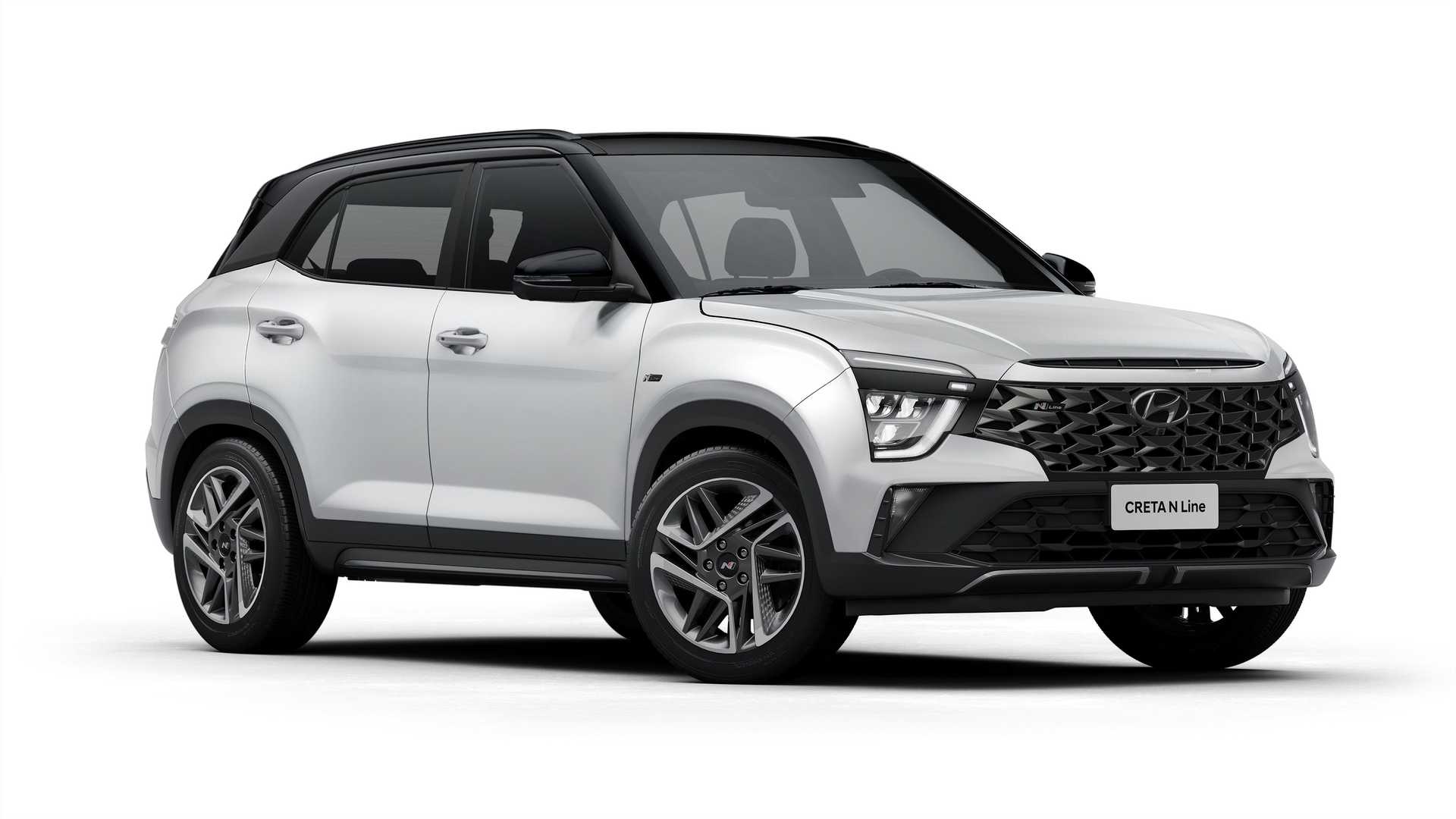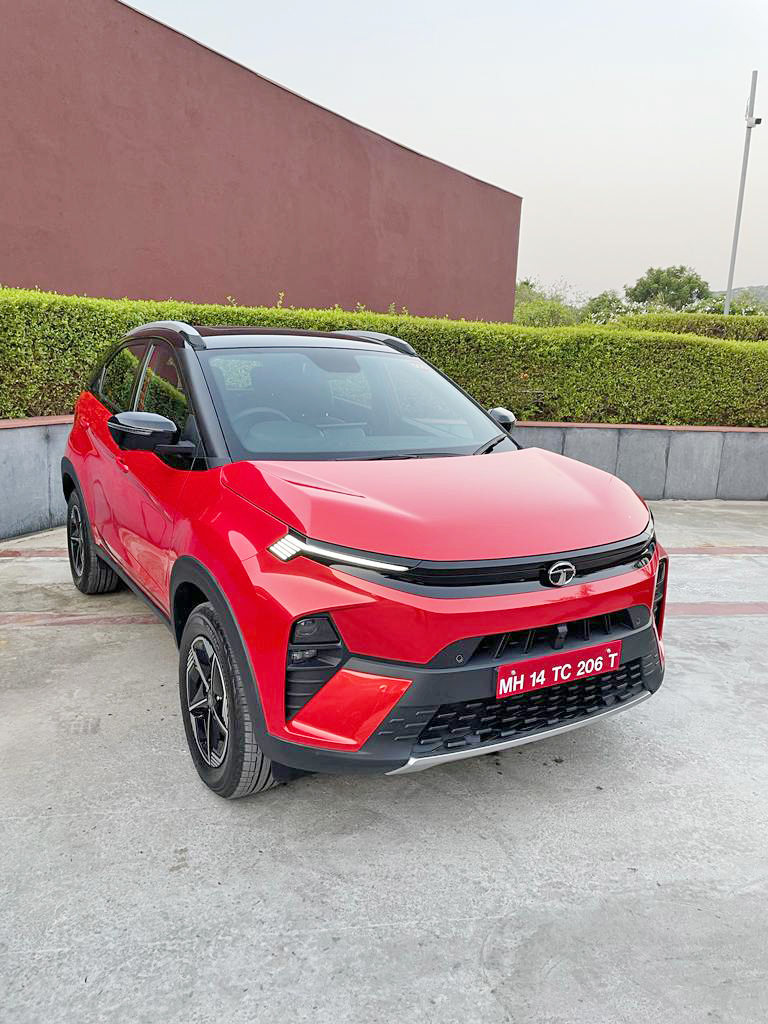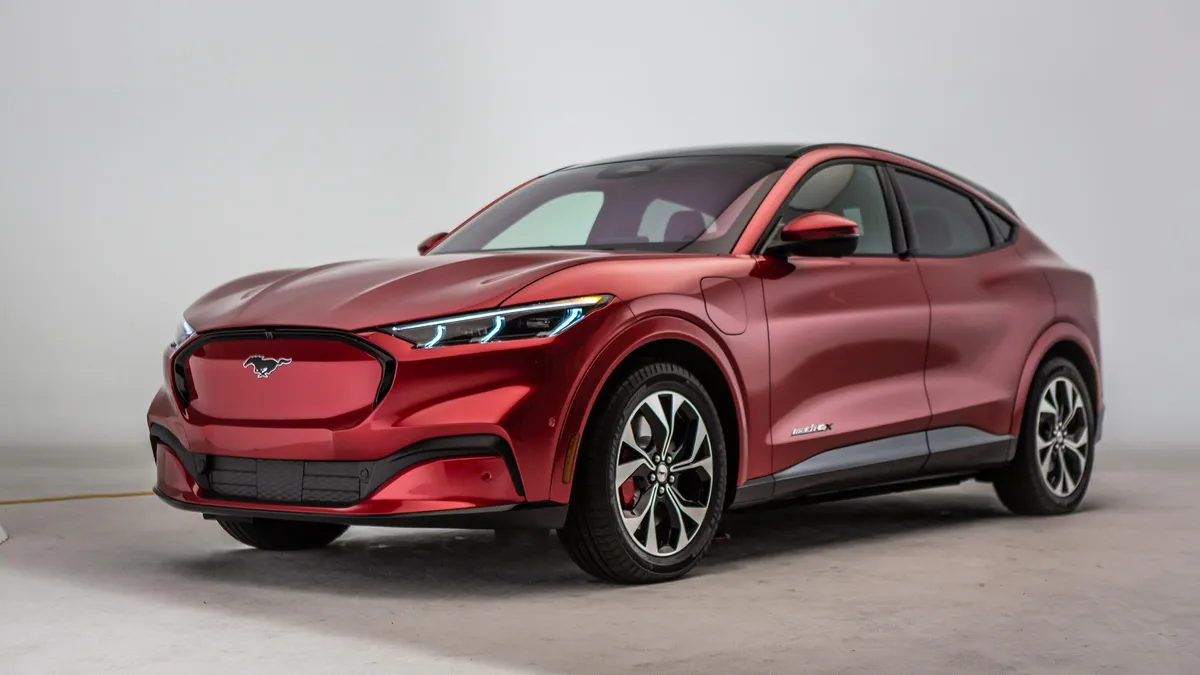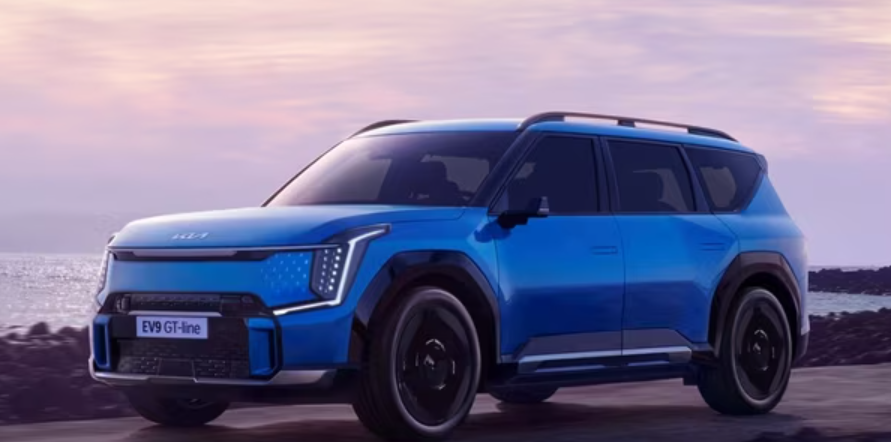Tesla’s fourth-generation autopilot processor to begin production before the end of this year
Tesla’s autopilot component base has gone through three important evolutionary stages. First, the EV maker ditched Mobileye components in favor of NVIDIA products, and then by 2018 developed its own microprocessor. All Tesla serial electric vehicles since 2019 have been equipped with on-board computers based on it. Now it is reported that its successor has already been developed.










